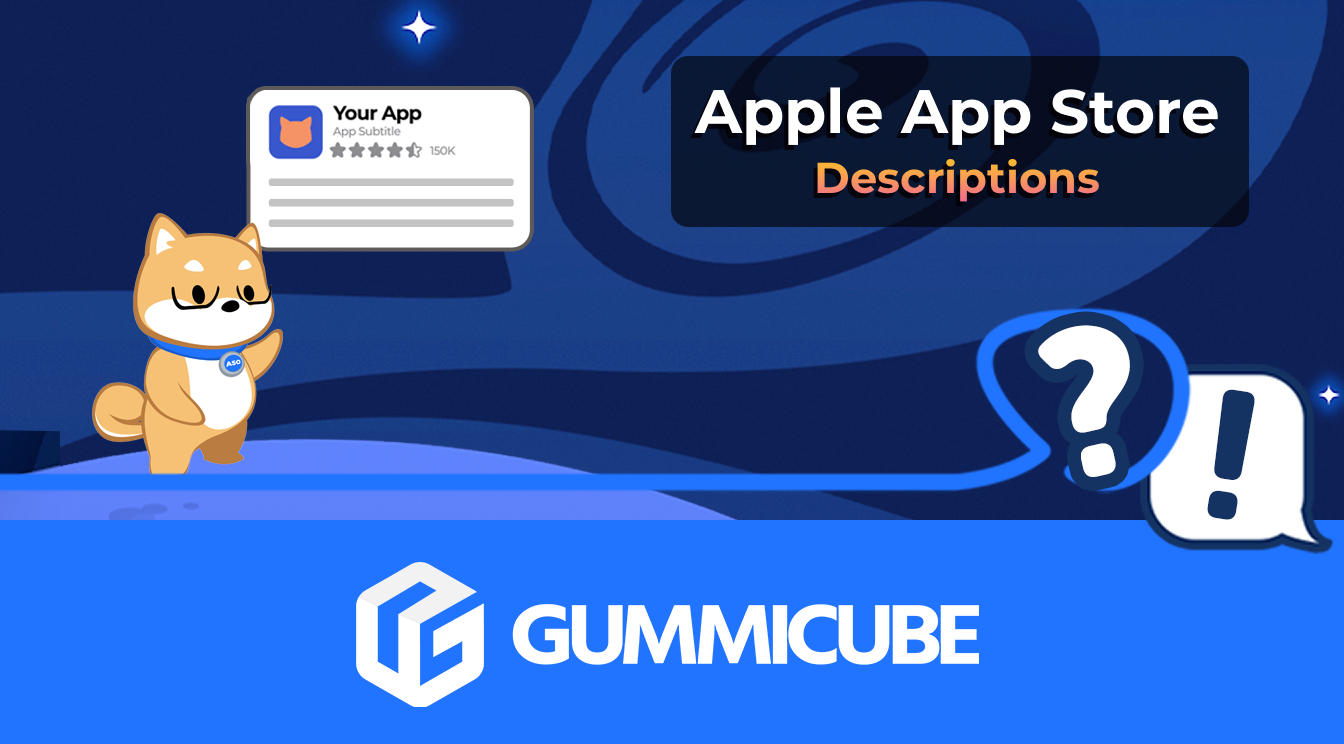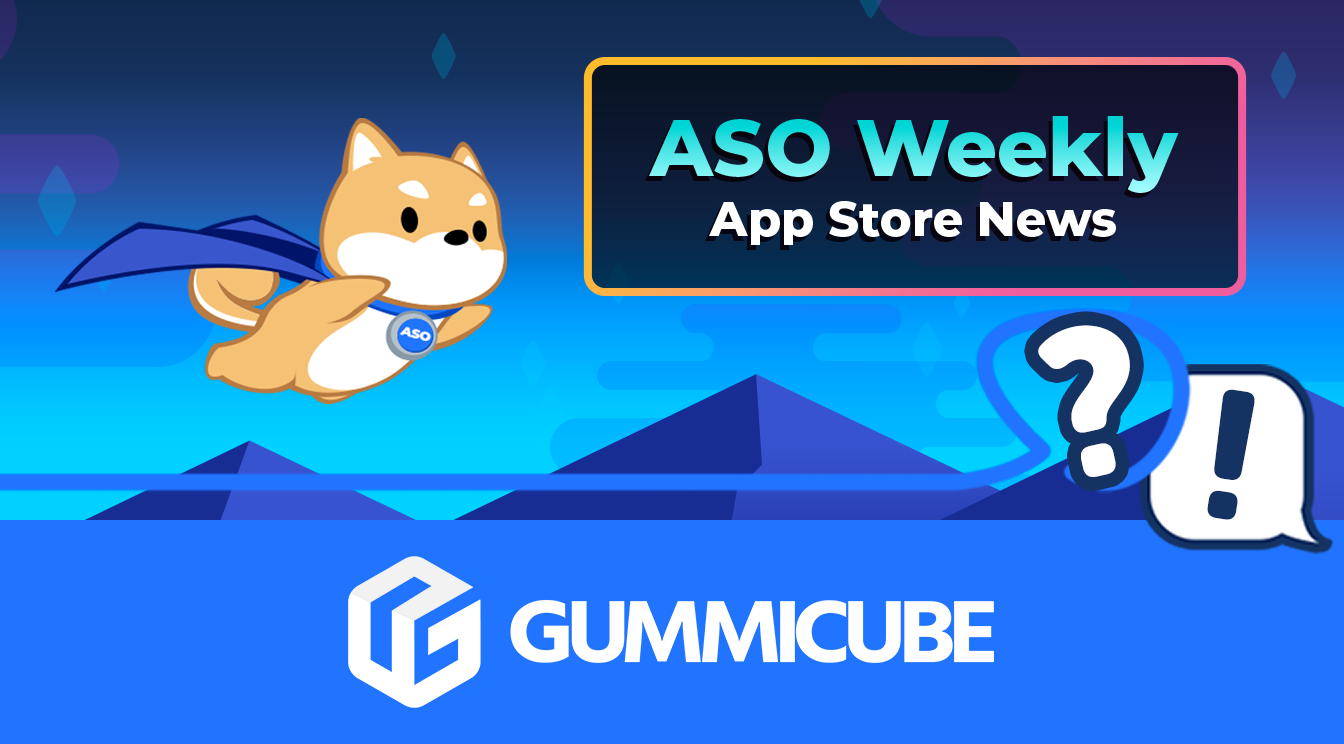
How to Write an Apple App Store Description
Posted on July 17th, 2024
Learn how to approach App Store descriptions the right way so you can effectively engage and convert users.

App Store rankings are key to success on the App Store and Play Store. An app’s ranking determines how easy it is for users to find it in the stores. Since 70% of app discoverability happens in searches, the higher your app ranks for search terms, the better your chances of it being downloaded are. In order to succeed, app developers must understand how the stores determine rankings, as well as how App Store Optimization can help.
App Store rankings refer to an app’s placement in search results for keywords. In order to maximize its discoverability, an app should be placed in the top results for a wide number of keywords. This increases the number of searches it can appear for, allowing more opportunities at potential organic downloads.
The most optimal keywords are directly relevant to an app and its features. While it’s important to target high-volume terms in order to appear in the most possible searches, targeting niche terms with lower volume but a high relevance can also help grow your App Store rankings.
App Store rankings are focused on search, note category. Category rankings have diminished in importance over the years as the App Store and Play Store changed their designs, especially with search being the most important channel for app discovery.
App Store rankings are determined by the store’s algorithm based on a variety of factors. While the specific algorithms used by the Apple App Store and Google Play Store are different, there are some key factors they both rely on:
An app’s keywords determine what terms it will index for, although the terms must be relevant to its functionality and features. If an app has a high CTR and conversions in searches for a specific keyword compared to its competition, it will improve its App Store ranking for that term.
Developers that want their apps to improve their App Store rankings should focus on improving these. All this can be done through App Store Optimization (ASO).
App Store Optimization can help an app target the most valuable keywords, improve its CTR and conversions and boost its App Store rankings. There are a number of steps involved in a successful ASO strategy, but each one is essential.
Keyword research helps identify what terms have the best volume and relevance for your app. This can help find the terms that are seeing the most searches as well as terms that are more niche but directly related to your app.
ASO best practices can also help demonstrate relevancy to the store algorithms. Integrating the keywords into the description and callout text on screenshots can indicate to users and the stores that the app is related to those terms. This can also improve CTR for users searching for those keywords.
If your app features well-designed creatives and an engaging description, you can potentially improve conversions. If users are finding and installing an app while searching for a certain keyword, its App Store ranking for that term will grow.
Additionally, paid campaigns can improve an app’s organic ranking. If an app appears in search results for a targeted term via Apple Search Ads or Google Ads, any clicks it receives count towards its CTR. This user engagement indicates to the store’s algorithm that it is relevant to that term.
Improving App Store Rankings is one of the foundational elements of a successful App Store Optimization strategy. Developers should consider what terms are best for their app and work on improving their rankings for them. This will help reach and convert new users as the app continues to grow.
Want more information regarding App Store Optimization? Contact Gummicube and we’ll help get your strategy started.

Learn how to approach App Store descriptions the right way so you can effectively engage and convert users.

Learn how to grab your audience's attention through effective and engaging app store preview videos.

Welcome to this week’s ASO Weekly - The App Store halts gambling ads amidst outcry and the Apple takes a bite out of NFT app sales.